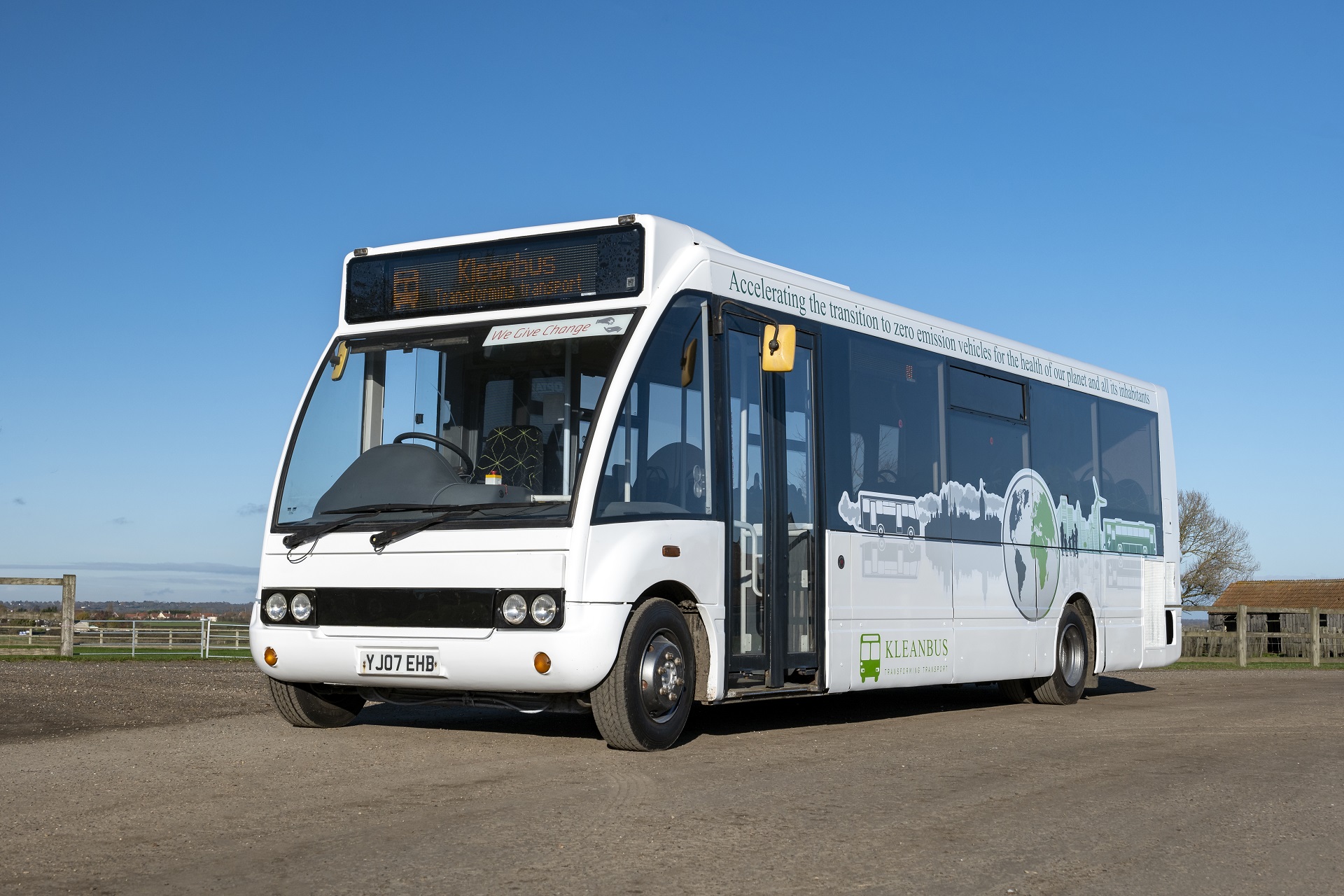Kleanbus has called for “urgent action” in England and Wales to incentivise the repower to zero-emission of existing diesel vehicles. That message was underlined at the Zemo Partnership 20:Zero conference on 15 June, where the supplier was represented during a panel session by Director of Environmental, Social and Governance Lucy Parkin.
While the second round of the Scottish Zero Emission Bus challenge fund (ScotZEB2) captures repower, no funding is available in England or Wales to assist with that re-engineering work. Kleanbus describes such a conversion as “vital upcycling technology” that has “a huge role to play in decarbonising the bus fleet of England and Wales.”
ScotZEB2 will grant successful bidders up to £50,000 towards the repower of a coach or bus, guidance already published by Transport Scotland shows. Kleanbus wants to see the UK government follow that lead.
Repower represents “the fastest and most cost-effective” means to achieve a zero-emission bus fleet and investment in it could accelerate the transition by six years compared to reliance on new zero-emission buses alone, Kleanbus claims.
The supplier has also highlighted the scope to repower home-to-school vehicles to battery-electric, citing the impact of diesel exhaust near schools as a reason. It is understood that at least one operator is already exploring the repower of mid-life buses with lower-capacity battery packs to take account of the limited mileage that home-to-school vehicles cover.
Speaking about the call, Kleanbus CEO Joe Tighe says: “Decarbonising transport has become one of the greatest challenges of our time, but it can only be achieved at speed with the right solution, and more importantly, the support and funding to achieve it.
“Fleet operators and the planet do not have time to waste, and there is a need for the UK to have a bus strategy that includes repowering of buses with electric powertrains. The UK is waiting when it needs to be acting. We at Kleanbus call for a greater level of support for operators to make the change to electric quicker, to help us all breathe easier.”
Kleanbus adds that its electric powertrain module can be installed in single- and double-deck buses to repower them from diesel or diesel-electric hybrid to battery-electric. After testing and validation, production conversions can be rolled out “in less than two weeks.” The first bus to be completed, an Optare Solo, was revealed in January.



























